detail profile attila mokos
Peran Yang Di Mainkan Attila Mokos
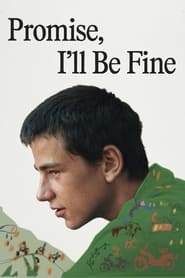 Enrique lives with his grandmother in...
Enrique lives with his grandmother in...Promise, I'll Be Fine 2024
Enrique lives with his grandmother in a small village in the “Hungry Valley,” while his mother Martina works far away, relying on Enrique to complete various tasks in hopes of saving enough money to reunite. When he’s not working for his mother, Enrique spends his summer riding mopeds with his friends. However, Martina soon becomes the subject of village gossip, as her intentions may not be as honorable as they once seemed. With the help of his friends, Enrique uncovers her true nature and must decide whether to remain loyal to his mother or forge his own path and cut ties with her.
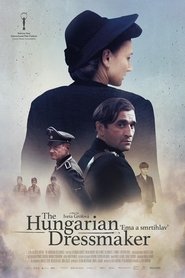 Ema DeathsHead deals with the precarious...
Ema DeathsHead deals with the precarious...The Hungarian Dressmaker 2024
Ema & Death’s-Head deals with the precarious border between humanism and the protection of one’s own life in situations when one excludes the other. Marika Sándorfi is hiding a Jewish boy during the dramatic era of the First Slovak State on the Slovak-Hungarian border. Šimon Holan, the boy in hiding, has a special ability to survive thanks to dreaming and a child’s fantasy.
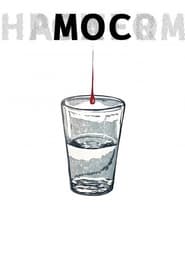 A boy is accidentally killed at...
A boy is accidentally killed at...Power 2023
A boy is accidentally killed at an informal hunt somewhere on the border of two European countries. One of the people involved is Minister Berger, the hot candidate for the influential post of High Commissioner for Water Management, who will be tasked with finding the solution to increasing water shortages across Europe. The government hires secret agent Steiner to hush up the scandal. The more he investigates the case, the more embroiled he becomes in dilemmas of power and its execution.
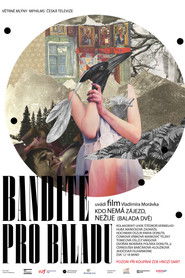 A burnedout group of Brno intellectuals...
A burnedout group of Brno intellectuals...Bandits of the Ballad 2022
“A burned-out group of Brno intellectuals decides to go to Kolochava in Ukraine to perform ‘A Ballad for a Bandit’ there.” With these words, the author's collective presents their film, in which they use primarily documentary imagery to compose a lyrical grotesque about an epochal trip, which might be their goal. But it doesn't have to be. The main tool of expression here is the film’s edit, which places various shots, statements, and meanings next to each other, often in a sort of productive conflict. Just like in a poem, the “poetic function” of art and its ability to serve as the primary tool for expressing beauty is manifested in full force before our very eyes.
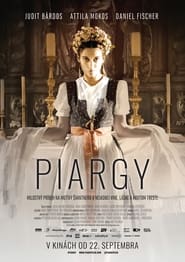 Its spring 1939 The bishop in Banska...
Its spring 1939 The bishop in Banska...The Ballad of Piargy 2022
It's spring 1939. The bishop in Banska Bystrica finds out that in the village of Piargy, that was buried by an avalanche a few days ago, the Antichrist was born. The bishop calls on priest Balaz and asks him to investigate the statements of Johanka, the only survivor of the catastrophe. Balaz wants to know what exactly happened in Piargy.
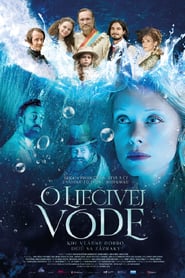 The Queen of the Waterland gives...
The Queen of the Waterland gives...Healing Waters 2020
The Queen of the Waterland gives the King Juraj access to the water of life when his daughter is seriously ill. However, if the magic fluid falls into the wrong hands, it loses its power.
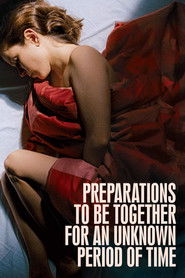 Mrta a 40yearold neurosurgeon falls in...
Mrta a 40yearold neurosurgeon falls in...Preparations to Be Together for an Unknown Period of Time 2020
Márta, a 40-year-old neurosurgeon, falls in love. She leaves her shining American career behind and returns to Budapest to start a new life with the man she loves. But she waits for him at the Liberty Bridge in vain - he does not appear at their rendezvous. Márta starts to search for him desperately, but when she finally finds him, the love of her life claims that they have never met before.
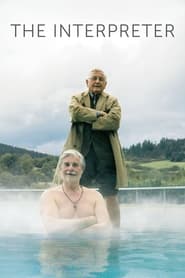 80yearold Ali Ungar comes across a...
80yearold Ali Ungar comes across a...The Interpreter 2018
80-year-old Ali Ungar comes across a book by a former SS officer describing his wartime activities in Slovakia. He realises his parents were executed by him. He sets out to take revenge but finds instead his 70-year-old son, Georg, a retired teacher. Georg, who had avoided his father all his life, decides to find out more about him and offers Ali to be his interpreter.
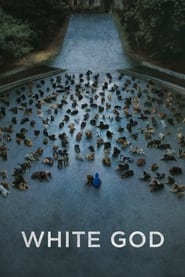 13 year old Lili fights to protect...
13 year old Lili fights to protect...White God 2014
13 year old Lili fights to protect her dog Hagen, and is devastated when her father sets Hagen free on the streets. Still innocently believing love can conquer any difficulty, Lili sets out to save her dog. Failing in his desperate efforts to find his beloved owner, Hagen joins a canine revolt leading a revolution against their human abusers.
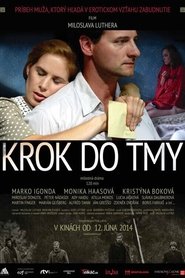 A young doctor former partisan leader...
A young doctor former partisan leader...A Step Into the Dark 2014
A young doctor, former partisan leader - is he a hero, or a murderer? His wife - a victim, or a minion of a totalitarian regime? And his lover - a political careerist, or a naive single mother betrayed by fate? The dramatic fates of these antiheroes from the era of rise of communism are stories of violence and resistance, weakness and courage, much like the ones that take place today.
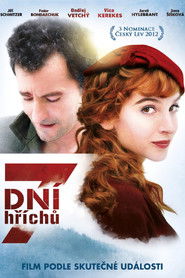 This story actually happened in the...
This story actually happened in the...Seven Days of Sin 2012
This story actually happened in the region around the city of Sumperk in Jeseniky Mountains in May 1945. The disappearance of Agnes, the German wife of a Czech forester Jan Olsan is a dark mystery. She is the only one who knows who and for what reason is looking for her. It's the end of the war, times are bad and the Czechs are coming back from the inland to the frontier. The guards are forming and soldiers are coming. Fate brings together the outlaw Jan and his German brother-in-law Jurgen who has just returned from the eastern front line. Both men are looking for exactly the same woman and that is Agnes. But Agnes escaped; she is running away through the deep woods followed by the most powerful man of the county. Running away for what she had witnessed. The fatality of the relationship between Agnes and Jan can only be learned in the mountains on this thorny journey.
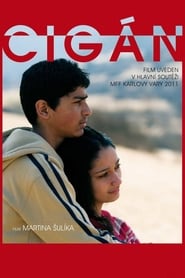 For 14yearold Adam the world of...
For 14yearold Adam the world of...Gypsy 2011
For 14-year-old Adam, the world of his poor Romany village has only two joys: boxing and Julka, a friend his same age. But after the violent death of his father, the boy experiences life’s harsher side: his mother remarries and his stepfather demands obedience without seeking to deserve Adam’s respect. Gradually everything the boy was attached to starts to fall apart around him, and if his dead father hadn’t visited him he wouldn’t even know which path to take. The inexperience of youth, loneliness, and impulsiveness prevent him from using reason and cool consideration to face the obstacles in his way, and he even sometimes provokes those who stand by him. And thus he finds himself in a situation for which there is only one solution.
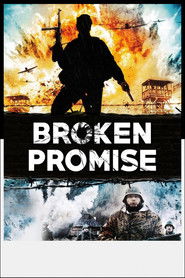 Slovakia on the eve of the...
Slovakia on the eve of the...Broken Promise 2009
Slovakia, on the eve of the outbreak of World War II. The family of the young Jewish Martin Friedmann gathers to celebrate his bar mitzvah and make a solemn promise that they will all meet again a year later around the same table; but the storms of war and anti-Semitic fanaticism will lead each of them down very different paths.
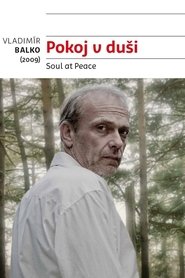 Set against the majestic mountains of...
Set against the majestic mountains of...Soul at Peace 2009
Set against the majestic mountains of central Slovakia, first time director Vladimir Balko explores the difficulties and challenges one former inmate must face upon his release from prison. Tono has just been released after a five-year stint in prison for lumber theft. Although attempting to stay on the straight and narrow, Tono is faced with many obstacles including building a relationship with his son, saving his now fragile marriage, and avoiding the tempting lure of his previous life of crime. A story of friendship and betrayal, SOUL AT PEACE was an official selection at the prestigious Karlovy Vary International Film Festival.
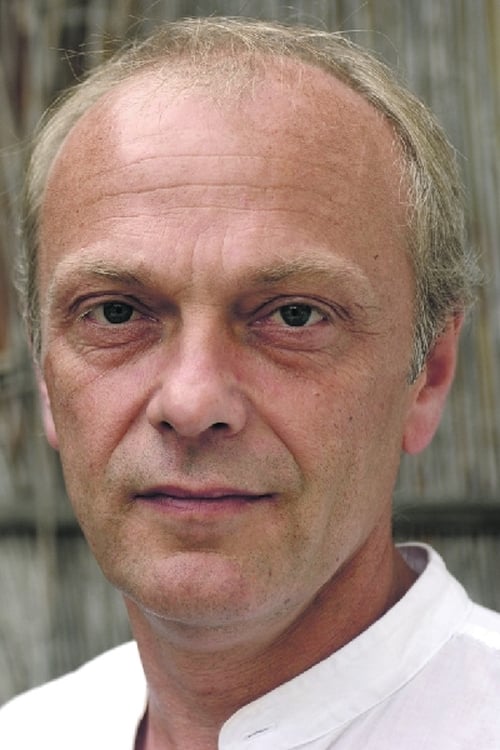
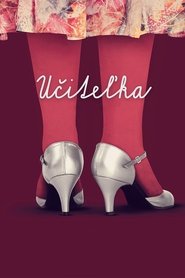 The principal of an elementary school...
The principal of an elementary school...
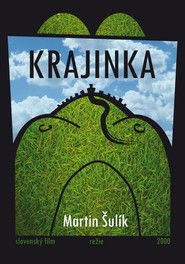 Ten short unrelated stories that move...
Ten short unrelated stories that move...